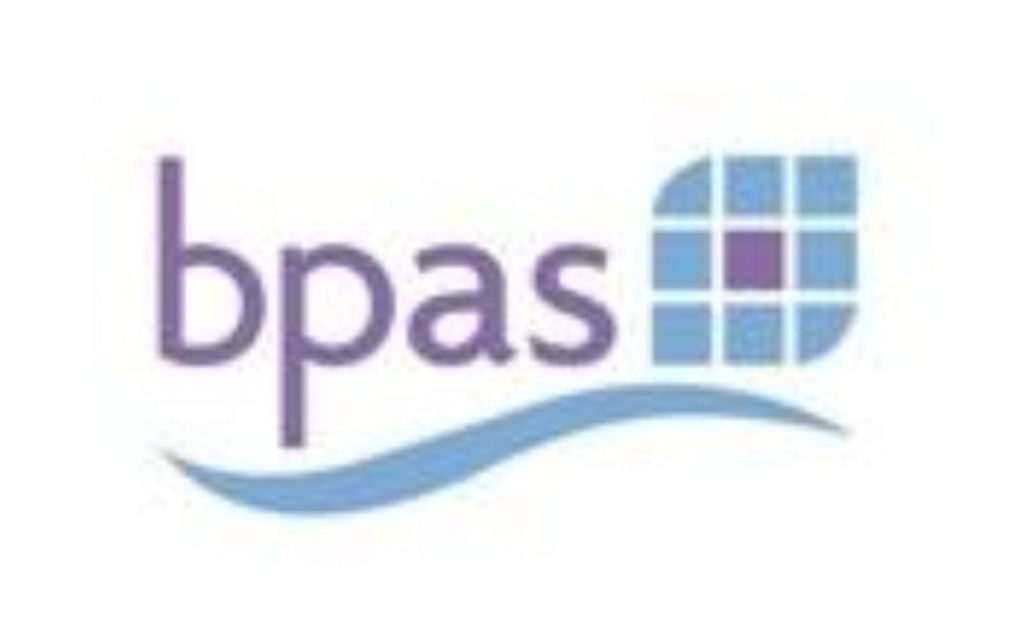BPAS response to media discussion in Wales about local young people, barriers to contraception and abortion rates
Following press debate about the numbers of young people in Wales having an abortion and concerns about patchy local NHS contraceptive provision raised by AMs in Wales, Vivienne Rose, clinic manager for the British Pregnancy Advisory Service (BPAS), the charity providing not-for-profit contraception and abortion care to women aged over 16 in Wales said ‘A lack of NHS resources for contraception is an urgent issue that we are pleased to see politicians taking notice of.
But it does not follow that we should stigmatise the small number of girls who have become pregnant at under sixteen years old and do not feel able to become mothers. The response to an unintended pregnancy in these circumstances should be to make young women feel supported to make their own choice about motherhood, rather than condemning them. We see women of all ages who have tried their level best to avoid an unintended pregnancy and are extremely distressed when their contraception has let them down.
‘We can all agree that the public health problem of unintended pregnancy is a serious one, which requires increased NHS resources and strong political leadership to tackle. It’s worryingly true that in many areas in Wales women and men still don’t have access to the full range of contraception. However, the reality is that no form of contraception is 100% effective and couples of any age can be faced an unintended pregnancy. These days society sees parenthood as a significant social responsibility and not something that any woman should be forced to drift into after a missed pill or split condom.’
Notes
For a table of contraceptive failure rates according to typical ‘real world’ use (and ‘perfect use’, according to manufacturer’s instructions) please see:
http://www.contraceptivetechnology.org/table.html
This shows the failure rate for condoms is 15%, and for the Pill 8%, according to real world ‘typical’ use. These are the two most commonly used contraceptive methods in England and Wales.
The Royal College of Obstetricians and Gynaecologists (RCOG) states that ‘At least one-third of British women will have had an abortion by the time they reach the age of 45’ (see p1, ‘Care of women requesting induced abortion’, Evidence-based Guideline Number 7, Sept 2004). For most women, having an abortion poses fewer medical risks than going through pregnancy and birth. See the Royal College of Obstetricians and Gynaecologists’ (RCOG) information on this –http://www.rcog.org.uk/index.asp?PageID=649#safe
Department of Health statistics for 2007 for women resident in England and Wales: http://www.dh.gov.uk/en/Publicationsandstatistics/Publications/PublicationsStatistics/DH_085508
The registered charity BPAS, (the British Pregnancy Advisory Service) has been providing health services since 1968. BPAS was founded to train doctors and provide premises and healthcare because at that time the whole of the NHS was not able, or in some areas, willing to provide full family planning and abortion care.
BPAS is the UK’s leading not-for-profit sexual healthcare provider. As well as contraceptive advice and treatment for men and women, BPAS carried out around 60,000 terminations of pregnancy in 2008. 92% per cent of all BPAS’ treatments were carried out on behalf of the NHS. Typical non-NHS funded clients may have travelled from Eire, Northern Ireland or Italy, where access to safe, legal abortion remains restricted by law. BPAS has centres across England, Wales and Scotland. Please see www.bpas.org for further information.
Please contact the BPAS press office on 020 7612 0206 or 07788 725 185 for more information or to request an interview with a BPAS clinic manager in Wales.





-01.png)